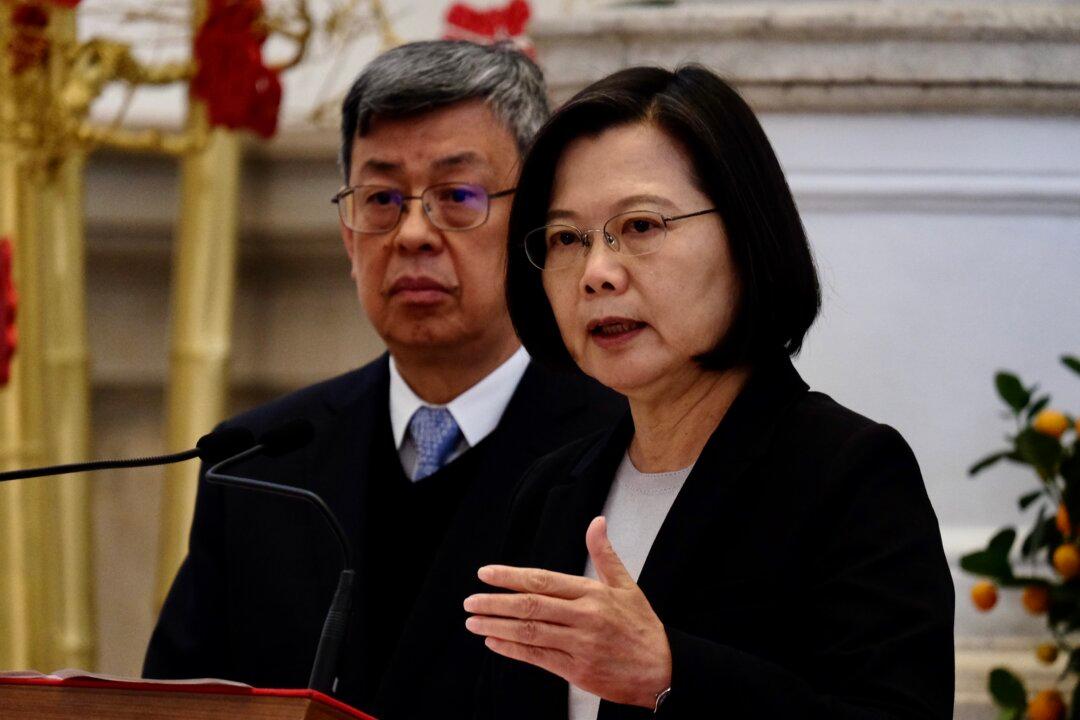TAIPEI—Another $1.33 billion is available to stimulate Taiwan’s economy on top of a previous $2 billion package, President Tsai Ing-wen said on March 12, after the central bank warned the coronavirus pandemic will have a longer impact than previously thought.
Taiwan, whose largest trading partner is China, had already cut its estimate for 2020 economic growth to 2.37 percent last month, citing the threat from the outbreak to its trade-dependent economy.





